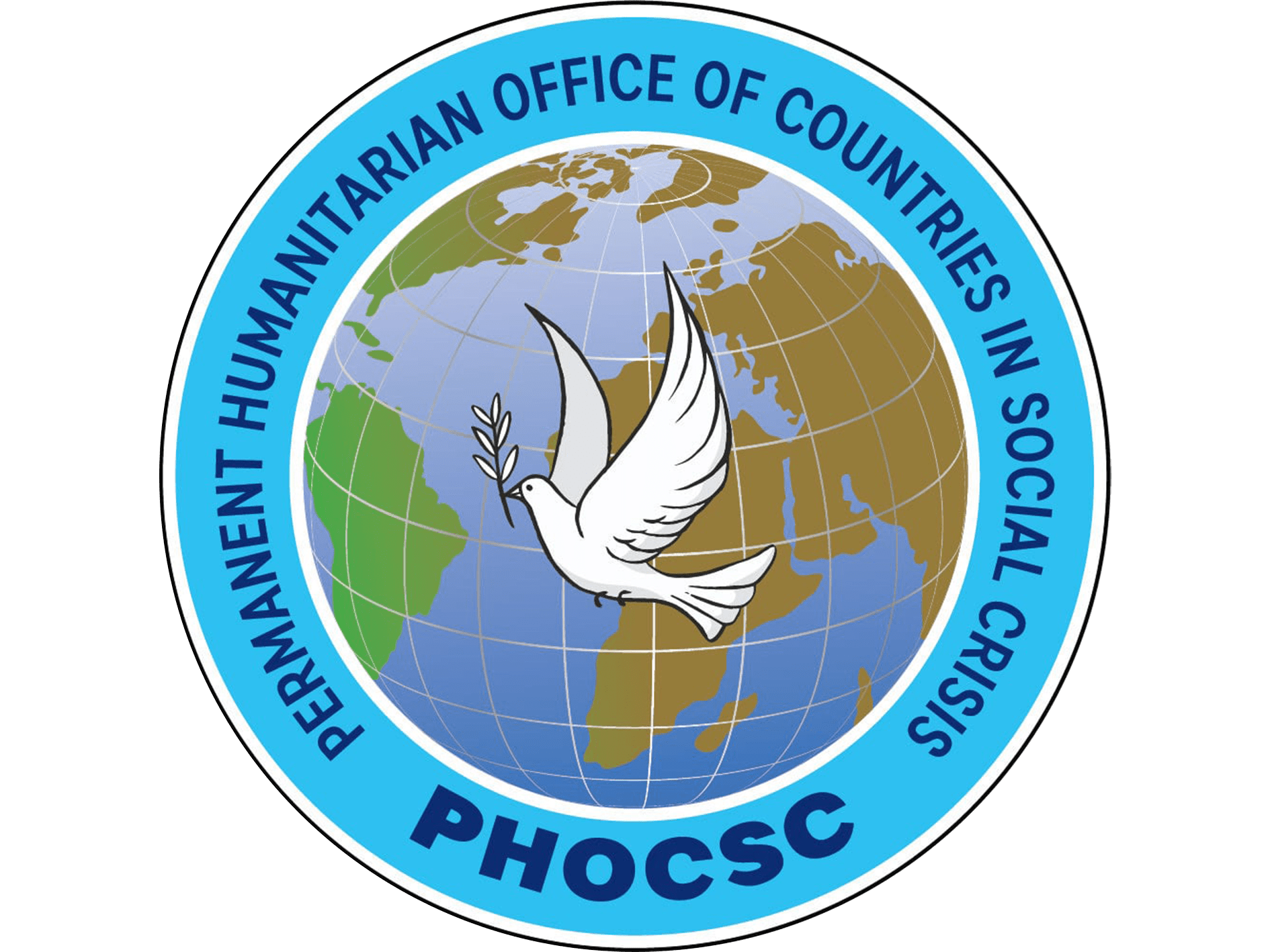In contexts of social and humanitarian crisis, community education in crisis becomes a vital tool for recovery and long-term development. Education in these settings must go beyond traditional methods, focusing instead on empowering individuals to become agents of transformation within their own communities.
The Importance of Community Education in Crisis Settings
Communities affected by crisis often face food insecurity, displacement, limited services, and destroyed infrastructure. Community education in crisis plays a critical role by building social cohesion, fostering resilience, and promoting sustainable practices that can be adopted long term.
Literacy Programs as a Foundation for Change
Literacy is more than reading and writing—it includes digital, health, civic, and rights literacy. Through mobile classrooms and temporary learning spaces, educational efforts can reach even the most vulnerable populations, including adults who never had the opportunity to learn.
In displaced communities, digital literacy allows individuals to access essential information, manage resources, and connect with loved ones. Contextualized and participatory teaching methods ensure content relevance and immediate applicability.
Training and Workshops for Sustainable Development
Technical training—such as in sustainable farming, healthcare, and resource management—empowers individuals to generate income and reduce dependency on aid. These workshops should encourage knowledge-sharing and reflect local cultures and realities.
For example, organic agriculture training can increase food security in conflict zones, while community leadership workshops equip members to manage local projects and advocate for their rights.
Promoting Grassroots Development
The success of community education in crisis lies in its grassroots approach, involving local people in every step of program planning and implementation. This fosters a sense of ownership, relevance, and sustainability.
Awareness campaigns and international outreach help amplify the community’s voice, draw external support, and boost morale among affected populations.
Our Commitment at PHOCSC
At the Permanent Humanitarian Office of Countries in Social Crisis (PHOCSC), we believe that education drives lasting transformation. Our literacy and training initiatives promote sustainable development by strengthening communities through their own knowledge and resources.
We are committed to using community education in crisis to alleviate immediate needs and help communities reclaim agency over their future. Together, we can build pathways to resilience, stability, and dignity.













